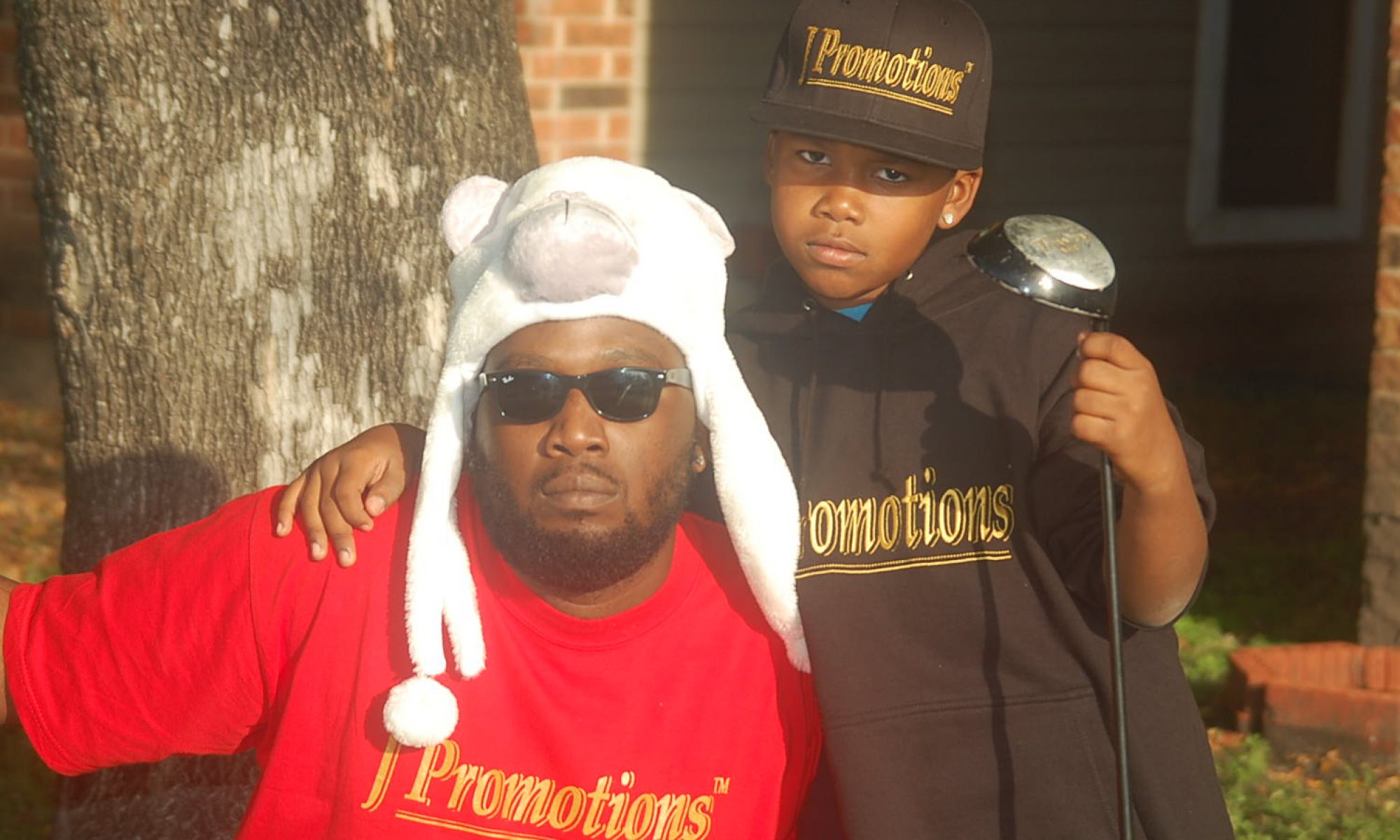Does birth order have any bearing on how your love life plays out? A little, experts say.
“Early experiences do lay down the foundation for how we act throughout our lives and romantic lives,” said Linda Blair, a psychologist and the author of Birth Order: What Your Position in the Family Really Tells You About Your Character.
“Of course, when it comes to human psychology, there are no ‘universal’ rules, nor are there characteristics that are true for everyone,” the Telegraph columnist said.
As Blair noted, how you were raised and whether your parents split up or stayed together have greater influence on your adult relationships than birth order ― and any match can go the distance if partners respect and communicate with one another.
But as any older child/youngest child couple can tell you, your birth order does play a role in how you give and receive love. Below, Blair and other experts on birth order offer a few examples.
Oldest children tend to be intelligent and responsible high-achievers. When they grow up and fall in love, these positive traits usually serve them well, Blair said.
“They’re organized and responsible, nurturing and good at caring for others,” she said. “In a relationship, you can depend on first borns to push themselves hard and be self-critical.”
Those are all good qualities to bring to the table, but there are downsides to loving a first born, too, said Michael Grose, a parenting expert and the author of Why First Borns Rule the World and Last Borns Want to Change It.
“First borns can be perfectionists ― they love to be control,” he said. “Their low risk-taking ways can drive youngest-born risk takers and middle-born flexible types insane.”
If compromise is the cornerstone of a good relationship, middle children have a leg up on other birth order types. They’re natural-born peacemakers, said Linda Campbell, a professor of counseling and human development at the University of Georgia.
“Middle children learn to become adaptable and are often very diplomatic and good at negotiating because of their dealings with older and younger children,” Campbell said. “Fairness is very important to them.”
If you’re a middle child, it’s especially important to speak up when something is bothering you in your adult relationships.
“Sometimes, middle children can be easily swayed by the opinions of others,” Blair said. “They’re realistic about their own abilities, but may not be so certain about what they want out of life.”
Youngest children are often attention seekers, risk takers and charmers. In relationships, youngest children tend to be playful and spontaneous and they’re easy to be around, Campbell said.
“Early on, they learn to read people and interact with everyone else who’s older in the family,” she said. “They are usually very successful interpersonally.”
On the negative side, they often expect others to make decisions for them and can be a little too flighty for some partners.
“Youngest children can be infuriating for first-born partners just because they’re masters and mistresses of charm,” Grose said. “They can take quite a bit of looking after. On the bright side, youngest children are more likely to loosen up a serious-natured first-born child.”
Growing up, only children never had to compete for their parents’ attention. They’re conventional, responsible and dependable but because the spotlight was always on them, only children can sometimes be needy and demanding in love, Grose said.
“They’ve grown up being the center of attention and have always had most of their emotional and physical needs met,” he explained.
According to Campbell, the best match for an only child is probably an oldest child since “they both value being responsible and reliable.”
Relationships with a youngest born may be a little more rocky, she said.
“An only child who partners with a youngest may grow frustrated because they are used to an adult world and might see the spontaneity of the youngest as foolish,” she said. “They just have to be patient.”
type=type=RelatedArticlesblockTitle=Related Stories + articlesList=55ad053ce4b0caf721b32fac,56fec5d7e4b083f5c607b0d3,58068d9de4b0dd54ce360a32,55cd21e7e4b07addcb42891f
— This feed and its contents are the property of The Huffington Post, and use is subject to our terms. It may be used for personal consumption, but may not be distributed on a website.
Source: HuffPost Black Voices
